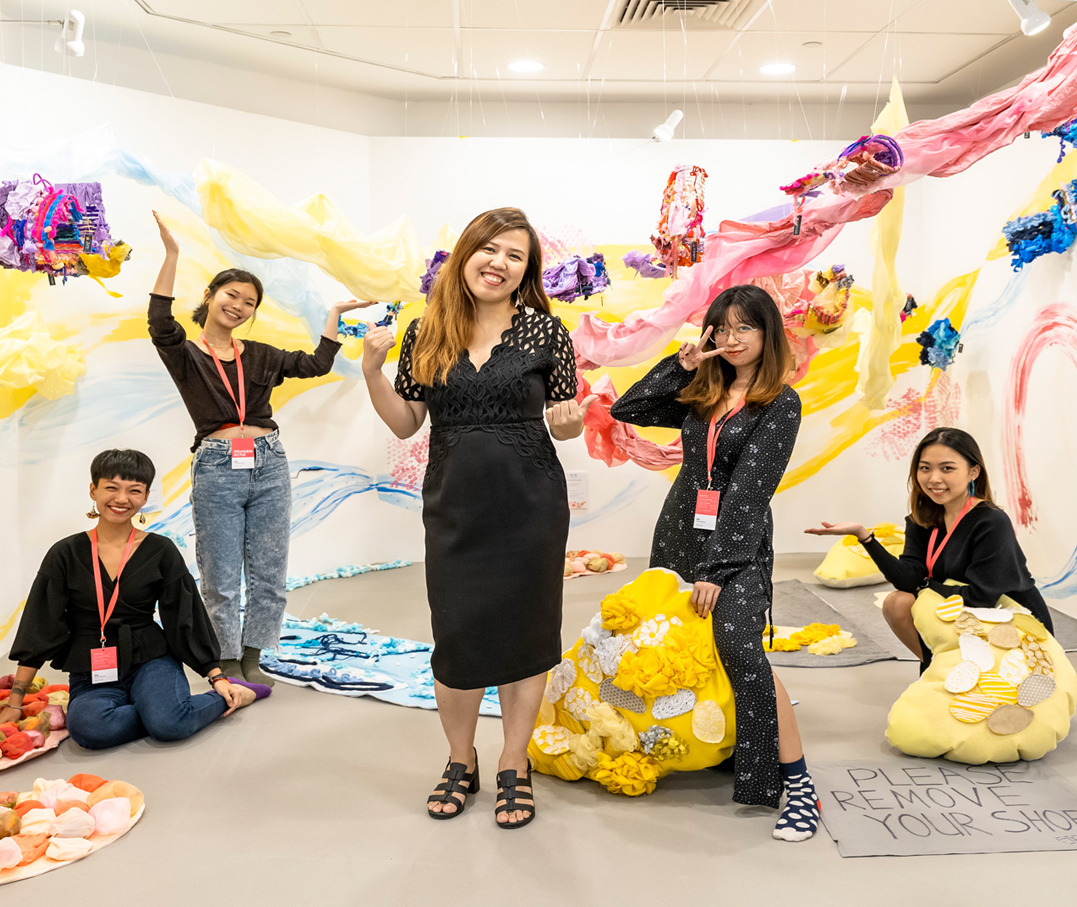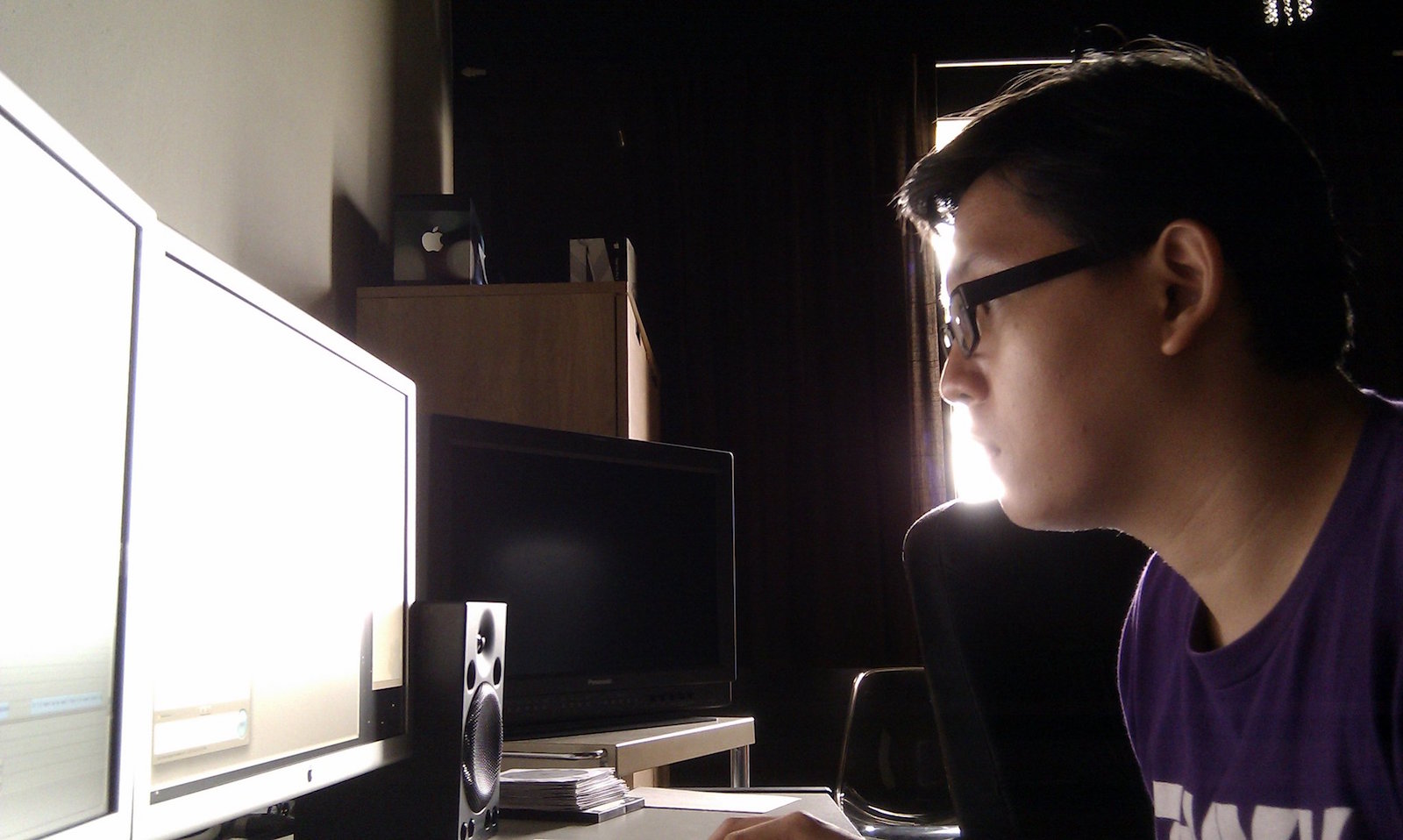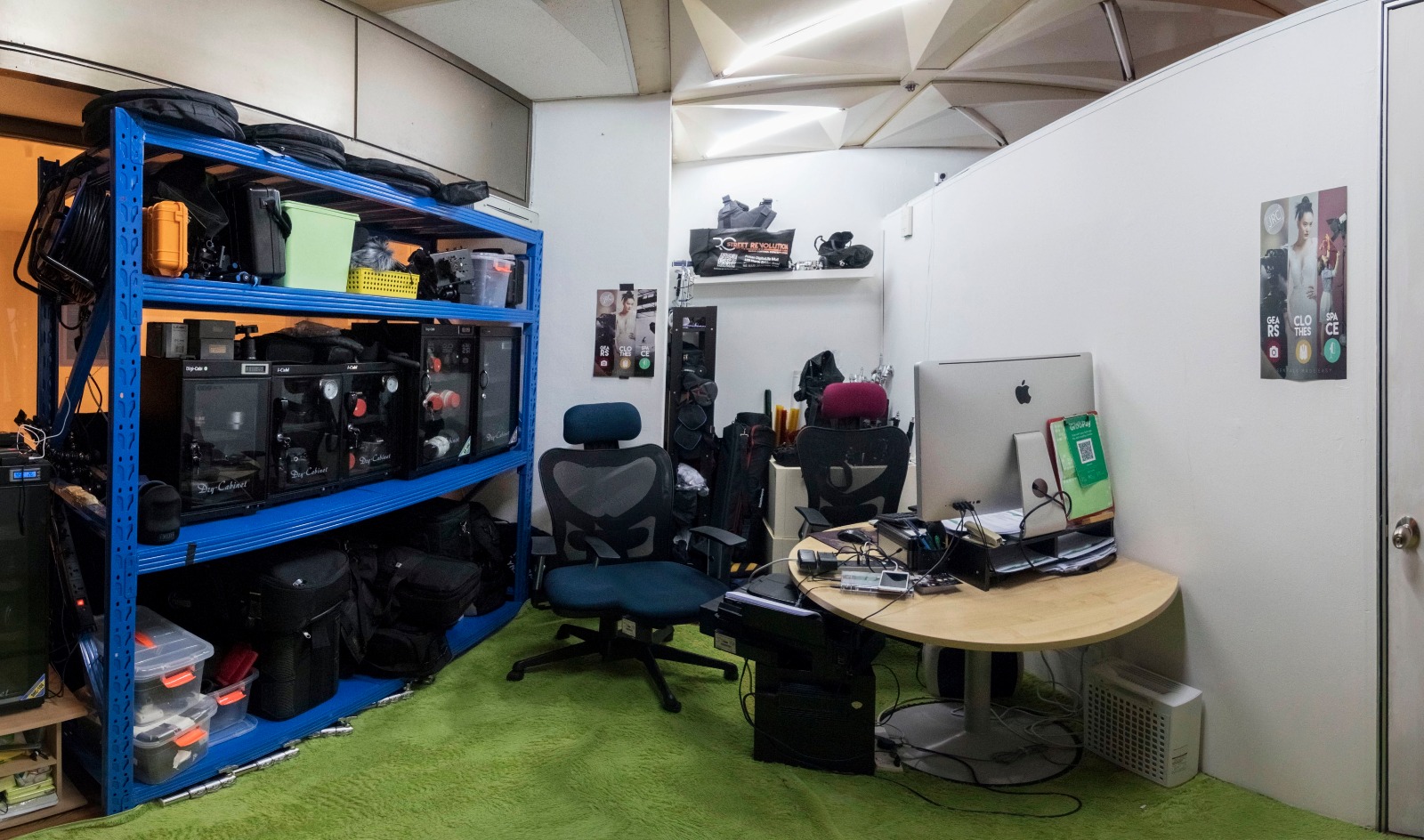Ms Lena Lok was a fresh graduate aged 24 with $80 in her bank account when she first decided to start her own art school business–Amazing Art Shuttle in Singapore. Today, she owns 2 brands, having started her second art school brand–Art Wonderland–at age 31. We asked her for tips on how you can do the same.
“I spend a lot of time in my art studio—I’m almost there everyday including the weekends.”Q: Hi Lena, thank you so much for coming here to chat with us. To start, could you tell us a little about your art schools, The Amazing Art Shuttle and Art Wonderland? What services do they offer and who are they for?
A: To start off, both The Amazing Art Shuttle and Art Wonderland were founded out of a desire to create quality art education programmes for Singaporeans. Amazing Art Shuttle was started in 2009 as I felt that there was limited art education options available in the heartlands. Amazing Art Shuttle has a literal meaning—we basically shuttle to all corners of Singapore, bringing our art programmes. Today, Amazing Art Shuttle focuses on B2B (business to business) solutions—we count art museums and government institutions as our clients and assist them with the formulation of Art curriculums and programmes. Art Wonderland on the other hand was started in 2017 to focus on our own internal art classes and programmes (B2C). We wanted to create a space that would encourage and invite children to explore new art ideas and techniques. Today, Art Wonderland has branched out into creating immersive and tactile art installations for young children.
Why did you decide to open and run art schools for a living? And how do you feel about that decision now that you’ve been doing this for over a decade?
Back in 2009 (the year Amazing Art Shuttle was formed) there was not much art outreach programmes available. Nowadays you see all sorts of art events everywhere, even in shopping malls. But back then, Singapore was still very new to the ideas of parent-child art bonding programmes and creating community collaborative artworks. I saw that gap and really wanted to use my art knowledge and experience to serve the community and that led me to start AAS. It is important for a business to always innovate and grow and that is also why I still love doing what I am doing; I get to suggest and spearhead many new projects and collaborations. It is a gift to be able to enjoy what you are doing for a living.
What certifications or skills does a person need to run an art school or teach art at your schools? What type of person do you feel is best suited for such a career?
Children are very well educated these days. They can seek out knowledge and information easily through the use of the internet. There are many Art DIY videos and tutorials on YouTube, hence Art Teachers these days need to be able to offer students something more than just creating copies of the same artwork. We tell our teachers that their job here is to teach them to be independent art makers, so they should see themselves as art directors. Thus all our teachers need to be familiar with most art mediums to be able to better guide the students. We require all our art teachers to have a formal art education such as a diploma or degree from an art school. We did make an exception for one of our former teachers as he was skillful in art and passionate about teaching. I feel that passion and responsibility is just as important as certification.
What is your weekly routine like as an art school owner?
I spend a lot of time in my art studio—I’m almost there everyday including the weekends. My time during weekdays are usually spent with my team in brainstorming for art curriculum, creating new marketing strategies and planning new art events/outreach with them. Weekends are spent teaching students and any in between time are used to clear paper work. I do however try to knock off on time everyday so that I can spend time with my family.

Which 3 people or things are presently most important to you?
When I was in my twenties and trying to establish the business, I worked very hard and was literally running around all corners of Singapore. Because of that, I almost went into early labour when I was pregnant with my first child. I had to stop all work immediately and went on bed rest for almost 2 months. That whole incident made me realise what really matters the most to me in my life—my family. My husband and two children rank the highest! But my business is like my oldest child and will always be in my mind too.
For your students and their parents, what do they get out of getting involved in art classes? What are the benefits of exposing children to proper art training at an early age?
There are many places teaching children how to draw. But what they do not teach is how they can be observant about their surroundings and to see the world in different perspectives. We encourage our students to spend time discovering the world around them and to notice small little details such as the lines, shapes, colours, textures, smell, sounds around them. Art classes when taught properly can teach children to be more observant and appreciative of the world around them and to form their own thoughts and opinions. The practical benefit of art classes would of course be improved dexterity and motor skills.
What advice do you have for parents hoping for their children to be creative wizards in the future?
Do spend time talking to your children. Possessing critical thinking is just as important as artistic skills for young artists. Spend time doing inquiry-based discussions with them; this will help them form their own thoughts and opinions (traits important for artists).
What advice do you have for kids hoping to be really good at art?
It is more important to have passion and perseverance than to be naturally gifted in art. You need to enjoy doing art to become better in it. Time will hone all skills, but passion is harder to develop.
Lastly, what advice do you have for those hoping to open and run art schools similar to the Amazing Art Shuttle and Art Wonderland too?
Always try to remember what it was like for you as a child learning art; try to look at their world through their eyes. And a question I would pose to would-be art school founders—How can you contribute to Singapore’s art scene with your school and make a difference?
Watch Art Wonderland artists turning an empty space into an artwork:
https://www.facebook.com/artwonderlandsg/videos/592046434883265/
Lena is presently working on expanding her companies so that she will be able to provide quality employment for art school graduates in Singapore (“the sad truth is that there are not much relevant art jobs available for Singaporean art school graduates”). You can find her at the Art Wonderland studio at 37 Middle Road, #03-00 within the Bugis/City Hall region of Singapore, on Facebook and Instagram, or ask her anything using the comment box below.
More interviews with those who’ve created businesses from scratch here.
Photograph copyright of Lena Lok. Interviewer: Sy
Want to be featured too? Tell us here.
If you found this article useful:















